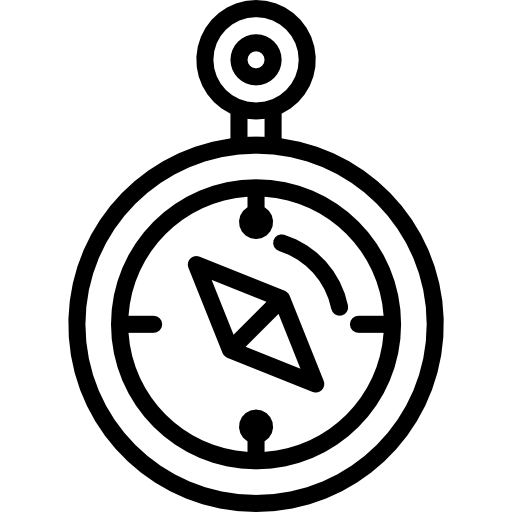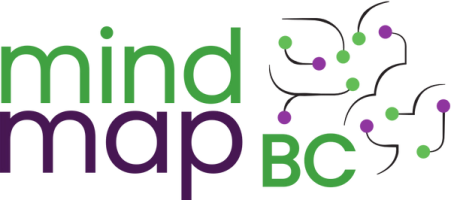Davis Wiggs - Between The Vines Counselling
Summary
 Service navigator
Service navigator Individual counselling
Information and referrals
Relationship counselling
Addictions counselling
2S/LGBTQ+ Affirming
Trans Affirming
Two-Spirit Affirming
LGBQ+ Affirming
Online resource
Remote services
Hi folks! I am Davis (he/him), a queer business owner of Between The Vines Counselling. I am dedicated to providing a non-judgmental, gender-affirming space for you to speak on your constant life challenges. I help individuals and couples navigate even the smallest of concerns in their day to day life. I specialize in topics related to intimacy, betrayal, addiction, emotional disturbances & compulsive sexual behavior's all within a trauma-informed lens.
With a range of expertise & life experience, I will guide you to overcome any feelings of shame and/or embarrassment that may be holding you back. Feel free to email me & we can connect from there.
Want to learn more about this service’s work with Two-Spirit, trans, LGBQ+ people?
We invite all service providers listed on MindMapBC to answer the following questions. These questions were developed in collaboration with community members, researchers, and mental health and other service providers. They're intended to help us understand what a service provider or organization is doing to affirm and support sexual and gender diverse service users.
See below for responses for this listing.
Want to learn more about our screening questions and filters?
Are the forms used in your practice inclusive of various sexual orientations and gender identities (e.g., opportunities to fill in pronouns, etc.)?
—Yes
As a queer owner, I respect & pass non-judgment on any and all walks of life. Our intake forms & consent are gender inclusive with pronouns that you can fill in yourself and providing room for expression & creativity throughout the therapy process.
Do you collect and use preferred names (rather than legal names) for all communications?
—Yes, to some extent
Depends on your preference and what you are comfortable with sharing at the time.
Do you and your colleagues have experience providing services that support clients with navigating gender dysphoria*?
*TransCareBC describes gender dysphoria as a term "intended to describe the distress some trans people experience with relation to their gender identity, particularly if they would like to transition but have not yet done so".
—Not applicable (please explain why this is not applicable)
I currently provide counselling services but can provide community support & referrals if needed.
Please tell us how equipped you feel to support a client in determining if/when their mental health symptoms are related to their gender-related experiences or other factors? Please describe your response choice below.
—Somewhat confident
I feel confident enough to sit with clients and meeting them where they are at. I have previous experience in peer support for queer men & have been part of navigating services that are geared towards that community. If you have any further questions, please feel free to reach out about this specific question.
Do you/your colleagues understand the difference between gender dysphoria and mental health conditions/symptoms that are unrelated to gender dysphoria or distress?
—Yes
Being able to work with the client in both factors can be beneficial but knowing the difference is crucial in not hurting the client & providing a space to talk and share without judgement.
Do you and your colleagues have experience working with people who identify as living with a disability or chronic illness? Please tell us more about your experience and any training you have received.
—Yes, to some extent
I have had client from all walks of life previous to opening up my practice. We can sit down and talk about what that may be and if I am not able to provide you with the care that you need. We can work together to find someone or something that can help you on your journey to a better you.
Are you and your colleagues aware of what specific barriers may exist for Two-Spirit, queer, or trans Indigenous individuals accessing your services?
—Yes
I worked for a program that was built around queer men trying to access services within the area (which was pretty slim). I have worked with indigenous organizations to develop support services for people within the Two-Spirit community.
Are you and your colleagues aware of what specific barriers may exist for LGBQ individuals accessing your services?
—Yes
Some potential barriers that LGBQ individuals may encounter include stigma and discrimination, lack of cultural competence, fear of disclosure, limited visibility and representation, and mental health disparities.
Are you and your colleagues comfortable asking relevant questions about gender identity and sexual orientation?
—Yes
I think it provides folks with a sense of understanding & rapport within the therapy space.
Do you offer Indigenous 2S/LGBTQ+ specific resources, for example Indigenous Elders or Knowledge Keepers?
—Yes, to some extent
I can provide these resources if requested by the client.
Do you and your colleagues ask clients about pronouns and use them appropriately?
—Yes
Always using their preferred name and pronouns in and out of therapy.
Are you and your colleagues aware of what specific barriers may exist for trans individuals accessing your services?
—Yes
Barriers such as gender-affirming healthcare & access to harm-reduction materials such as injection supplies for testosterone/estrogen.
Does your practice have gender-neutral washrooms?
—Yes
One washroom shared between services in the building
Are there clear anti-discrimination policies that include gender identity, gender expression, and sexual orientation in your organization or practice?
—Yes, to some extent
As an inclusive and non-judgmental practice, I am always looking for the latest language around anti-discrimination policies. I am open to hearing more about that through clients that walk through my space.
Are all individuals involved in service provision actively engaged in decolonizing their practices and/or organization? If yes, please type below what actions you and/or your organization are taking.
—Yes, to some extent
I continue to ensure that my practice is actively involved in decolonization efforts such as collaboration and partnership, self-reflection & education, community engagement and consultation, reciprocity and respect, policy and structural changes.
By actively engaging in decolonization, I strive to create a practice that is inclusive, equitable, and respectful of diverse cultures, histories, and ways of knowing. I am committed to challenging colonial structures, uplifting marginalized voices, and promoting social justice within our practices and throughout my practice.
Are all individuals involved in service provision actively engaged in anti-racist practices, policies, and systems in their care model?
—Yes, to some extent
In order to incorporate anti-racist principles into my care model, I undertake education and training, cultural competence and humility, inclusive policies and procedures, representation and inclusivity, and client-centered care.
Address
339 Fairview Rd
Oliver, BC
V0H 1T3
Last updated: July 18, 2023
Request changes —

